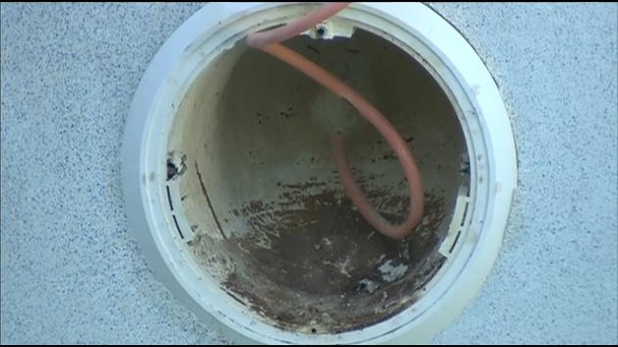New Pool Lights Laws in Florida

The updated regulations would call for the use of low-voltage lighting systems under water for new private pools. The proposed change would apply only to newly-built private pools.
When most of us think about deaths that occur in pools, drowning is surely
the first thing that comes to mind. Recently, pool drains that create suctions have
also come under scrutiny as they have caused numerous deaths around the country.
But when we think about pool lights – they are not generally regarded as being
dangerous. However, if the internal components of a pool light are considered, it
becomes evident that there is a serious potential for injury or death if light is not
properly installed or maintained.
In April of this year, 7-year-old Calder Sloan was electrocuted in his family’s
pool in Miami. Shortly after the tragedy, the family vowed to enact change to protect
others from electrocution hazards in pools.
An electrician who was assisting in the investigation believed the pool light’s
electrical wiring was not grounded and wired correctly and because of that, all 120
volts of electricity from the outlet went into the fixture of the light. Because the light
was receiving up to ten times the amount of power that it should have, the process
of corrosion around the light was accelerated. Once the corrosion reached a certain
point, the waterproof seal failed, allowed water in and sent the electricity from the
fixture throughout the pool.


The updated regulations would call for the use of low-voltage lighting
systems under water for new private pools. The low-voltage systems, which are now
the industry standard, are already a requirement at commercial pools. The proposed
change would apply only to newly-built private pools not existing private pools. The
lower-voltage systems would be required, however, if the owner of a private pool
wanted to replace an existing high-volt light system. People would be able to survive
any malfunction of the lower-voltage lights. The electrical shock a person would get
would not be fatal. It might hurt, but it would not threaten human’s life.








